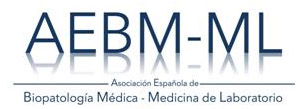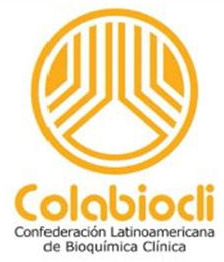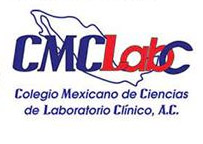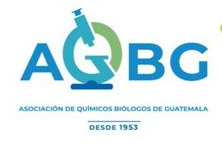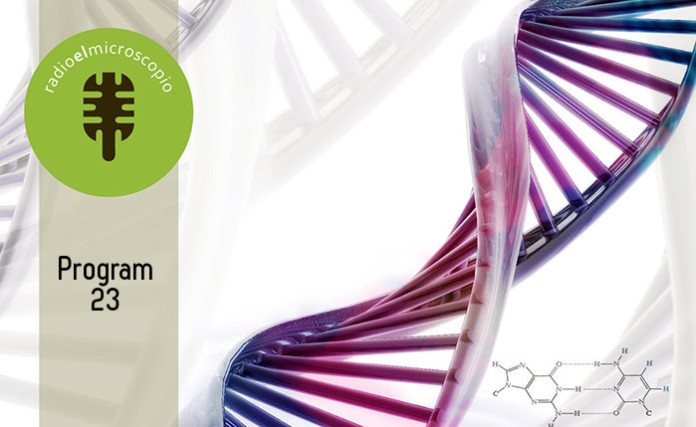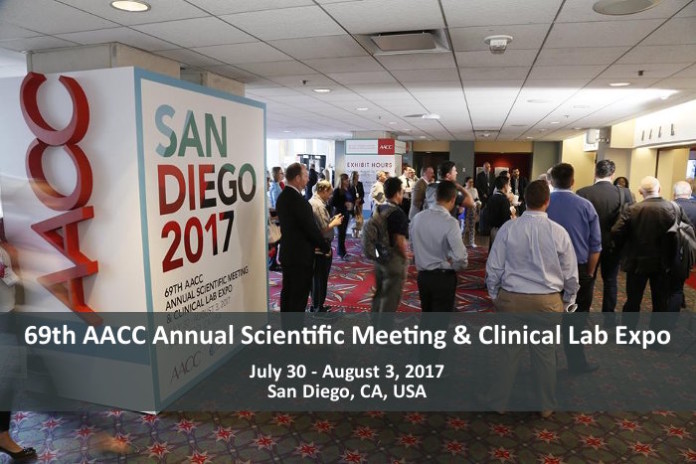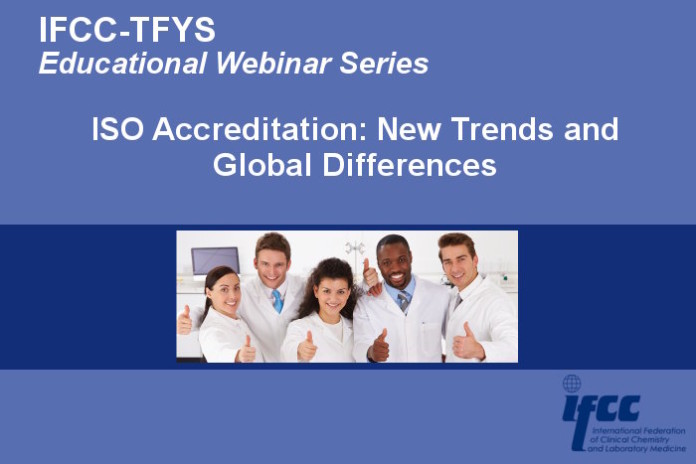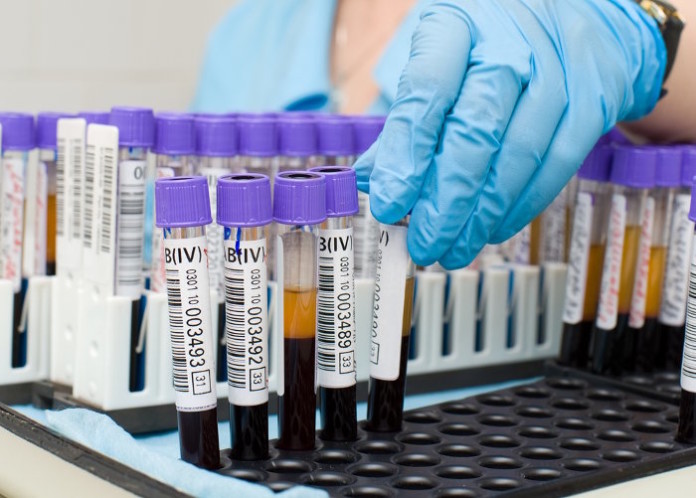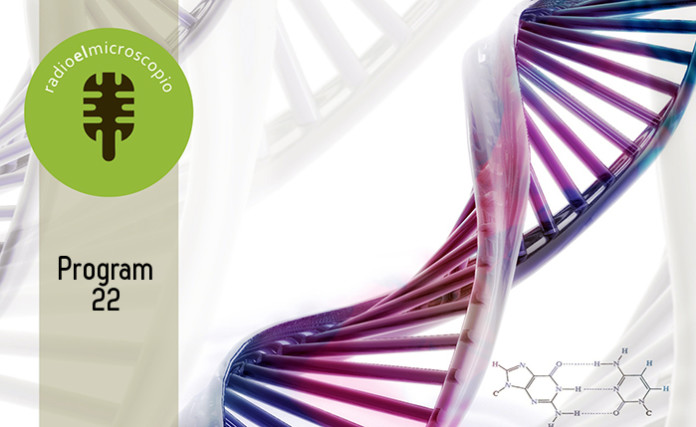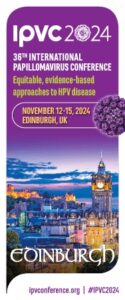Professor Tahir Pillay, Head of the Department of Chemical Pathology and Director of the Division of Clinical Pathology in the Faculty of Health Sciences at the University of Pretoria (UP). Member of the Academy of Science of South Africa (ASSAf), this Membership is a great honour and is indicative of a scientist’s significant contributions to the advancement of science and technology in South Africa.
Prof Pillay is a Fellow of the Colleges of Medicine of South Africa and the Royal College of Pathologists, London. He has a doctorate from Cambridge University and previously led the Departments of Chemical Pathology at the University of Cape Town and the University of KwaZulu-Natal. He is one of the two most senior chemical pathologists in South Africa, the South African country advisor for the Royal College of Pathologists and a Ministerial appointee to the Medical and Dental Board of the Health Professions Council of South Africa (HPCSA). Prof Pillay is also a former Deputy Vice-Chancellor and Head of the College of Health Sciences at UKZN.
IFCC eNews Chief Editor, IFCC – Communications and Publications Division (CPD)






